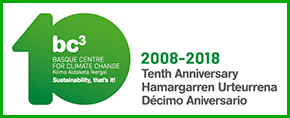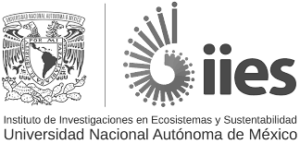| Key terms
Plural valuation: a process of knowledge generation that seeks to inform decision-making and actions about human-nature relations by considering stakeholders’ diverse values. It consists of values elicitation or/and assessment of potential or actual impacts of decisions regarding social-ecological outcomes. Additionally, plural valuation can be designed to be integrated into negotiation, decision-making and implementation of actions.
Plural values: The different values of nature`s contributions to people (NCP) held by different stakeholders, including marginalized groups.
Co-production of knowledge: collaboration between researchers, practitioners and other actors in all stages of a research process from the research questions to using the knowledge to inform action and feedbacks from action to improve knowledge.
Enablers: An internal or external factor (person, thing, process) that makes something possible.
Constraints: An internal or external factor (person, thing, process) that makes something impossible or that hinders something. Few examples from the case studies would be nice here and above.
Power relations: The ability to control or influence social action either through influencing other people’s actions or abilities (power over people, resources and institutions), being able to effect change (power to act), organising with others to effect change (people’s “power with” one another or with institutions), or the control associated with assigning special authority to particular forms of knowledge over others.
Equity: Social equity is a multidimensional concept of ethical concerns that refers to fairness and is closely related to social justice. Equity entails support for all members of society in proportion to what they initially have or what they need to reach a target or minimum that they are entitled to. Equity has four key dimensions:
- Recognition equity: equitable respect for knowledge systems, values, social norms, and rights of all actors, stakeholders and right-holders’ groups in policy or program design and implementation;
- Procedural equity: equitable involvement and inclusion of all actors, stakeholders and right-holders’ groups in rule making and decisions
- Distributional equity: equitable distribution of costs, benefits, rights, responsibilities, and risk within and among groups from present and future generations;
- Contextual equity: equitable consideration of the broad social, governance, economic, and cultural contexts, past and present (e.g., power dynamics, gender, education, ethnicity, age), that influence an actor’s ability to gain recognition, participate in decision making, and lobby for fair distribution.
Ecological sustainability: sustainable flows of NCP. Ecological sustainability refers to conditions whereby biodiversity, ecosystem functions and ecosystem services are secured over time, across places and peoples, and provide to the extent possible a secure basis for future generations to thrive and meet their own capabilities. |




